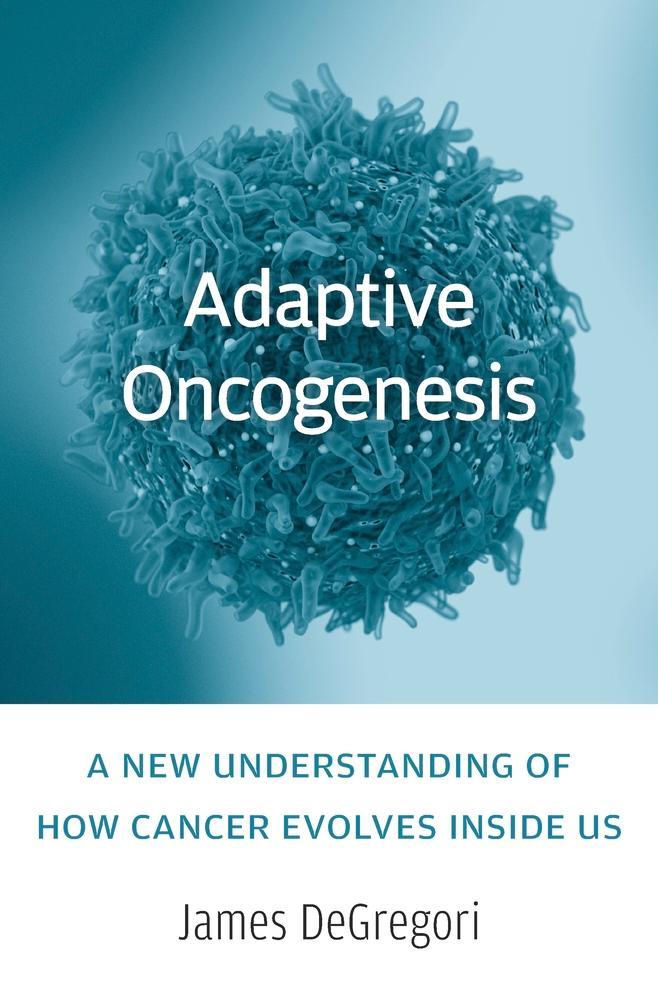Adaptive Oncogenesis

Adaptive Oncogenesis
Through natural selection, humans evolved genetic programs to maintain bodily health for as long as necessary to increase the odds of passing on our genes-but not much longer. These mechanisms engender a tissue environment that favors normal stem cells over precancerous ones. Healthy tissues thwart cancer cells' ability to outcompete their precancerous rivals. But as our tissues age or accumulate damage from exposures such as smoking, normal stem cells find themselves less optimized to their ecosystem. Cancer-causing mutations can now help cells adapt to these altered tissue environments, and thus outcompete normal cells. Just as changes in a species' habitat favor the evolution of new species, changes in tissue environments favor the growth of cancerous cells.
DeGregori's perspective goes far in explaining who gets cancer, when it appears, and why. While we cannot avoid mutations, it may be possible to sustain our tissues' natural and effective system of defense, even in the face of aging or harmful exposures. For those interested in learning how cancers arise within the human body, the insights in Adaptive Oncogenesis offer a compelling perspective.
PRP: 310.95 Lei
Acesta este Pretul Recomandat de Producator. Pretul de vanzare al produsului este afisat mai jos.
279.86Lei
279.86Lei
310.95 LeiIndisponibil
Descrierea produsului
Through natural selection, humans evolved genetic programs to maintain bodily health for as long as necessary to increase the odds of passing on our genes-but not much longer. These mechanisms engender a tissue environment that favors normal stem cells over precancerous ones. Healthy tissues thwart cancer cells' ability to outcompete their precancerous rivals. But as our tissues age or accumulate damage from exposures such as smoking, normal stem cells find themselves less optimized to their ecosystem. Cancer-causing mutations can now help cells adapt to these altered tissue environments, and thus outcompete normal cells. Just as changes in a species' habitat favor the evolution of new species, changes in tissue environments favor the growth of cancerous cells.
DeGregori's perspective goes far in explaining who gets cancer, when it appears, and why. While we cannot avoid mutations, it may be possible to sustain our tissues' natural and effective system of defense, even in the face of aging or harmful exposures. For those interested in learning how cancers arise within the human body, the insights in Adaptive Oncogenesis offer a compelling perspective.
Detaliile produsului









